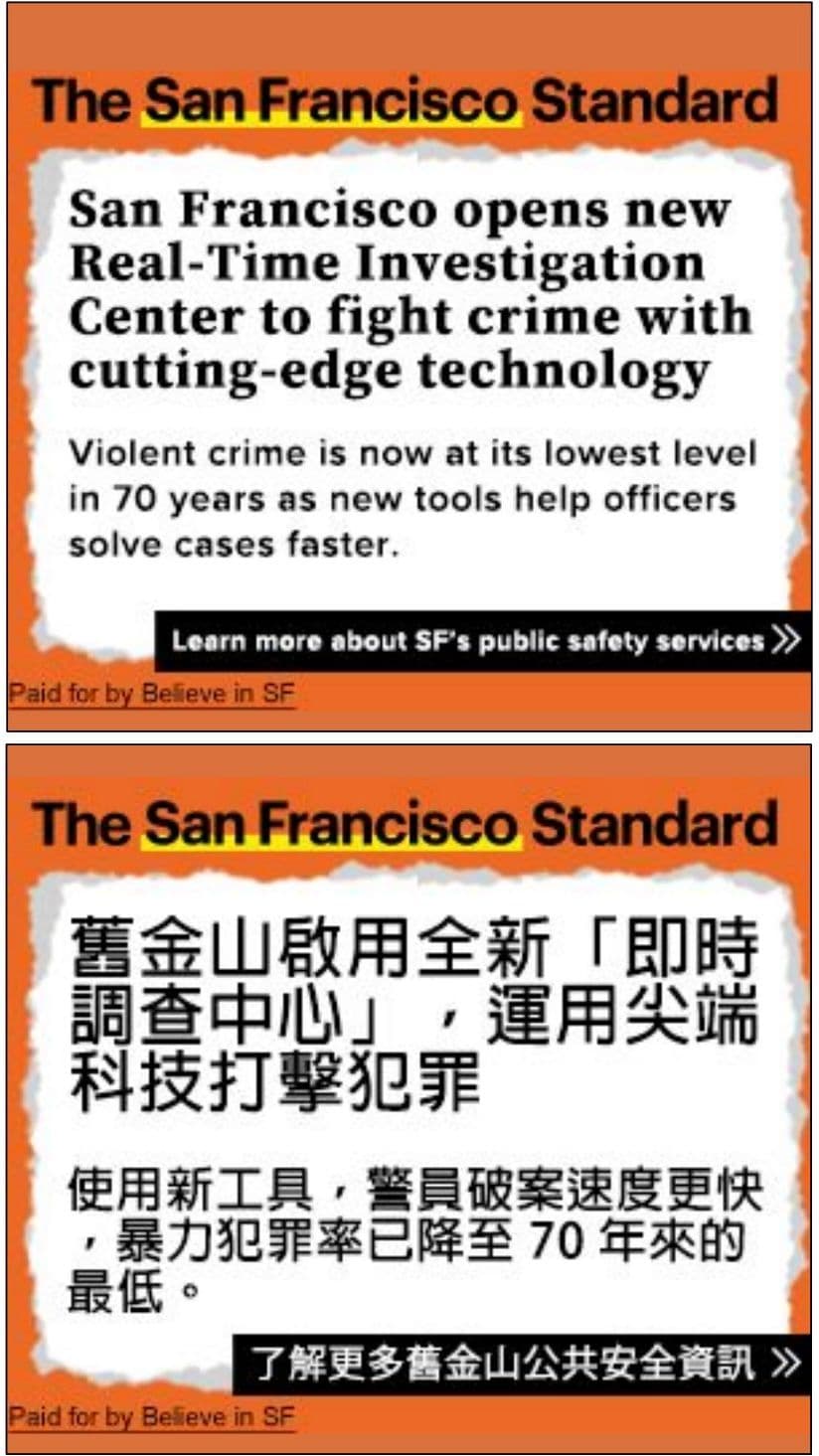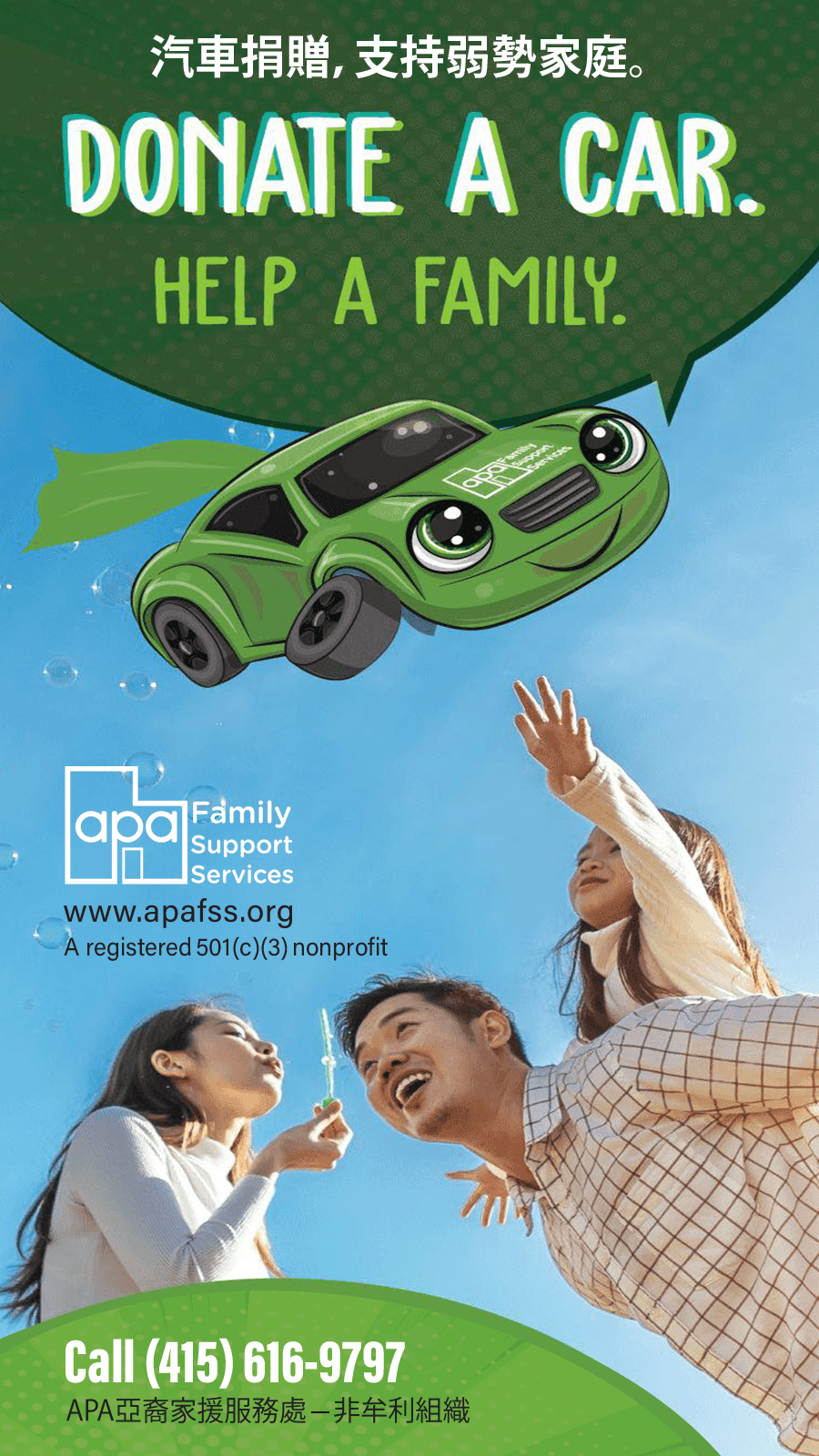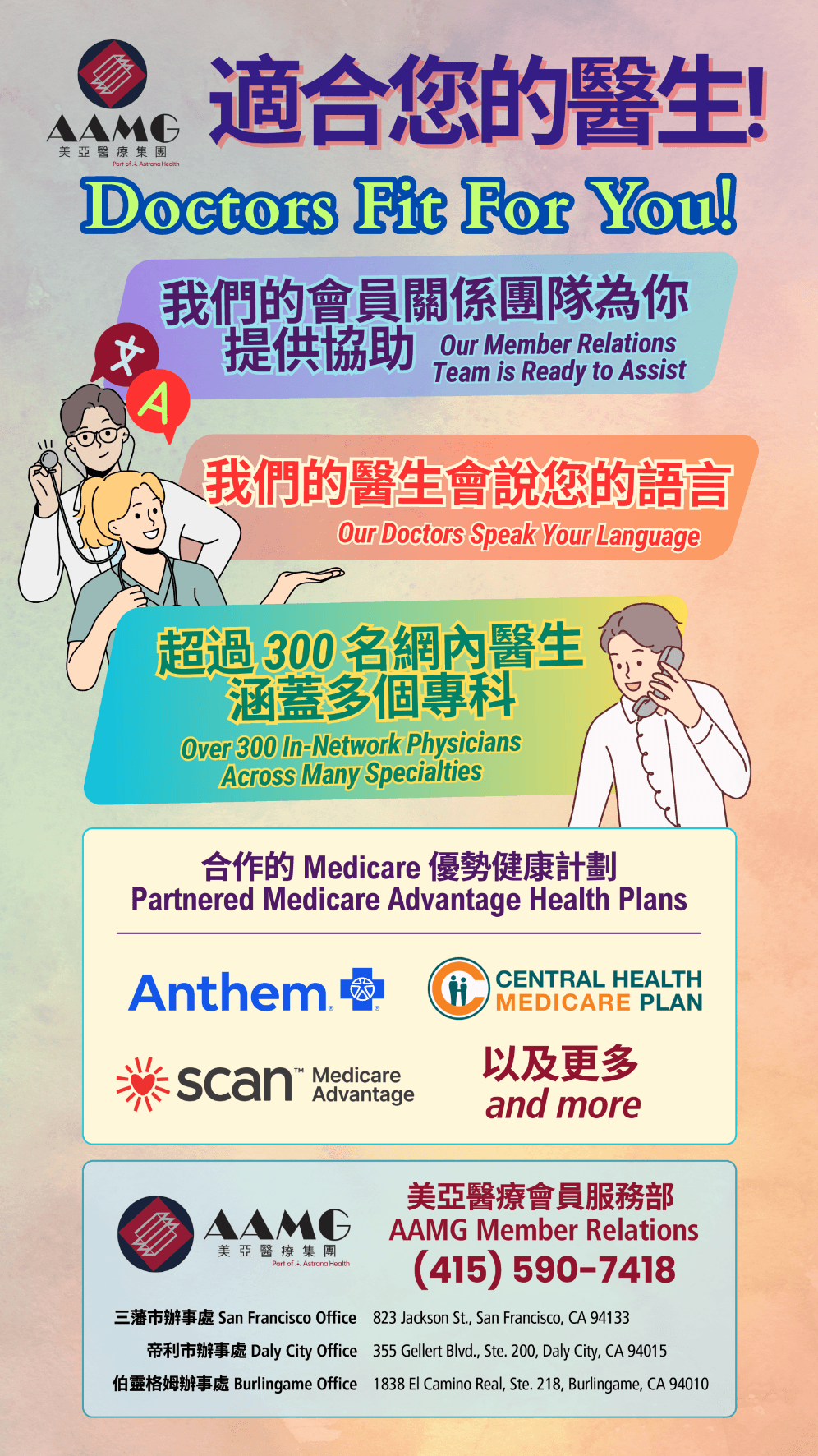Dianne Feinstein deeply missed by Chinese community as a dear friend

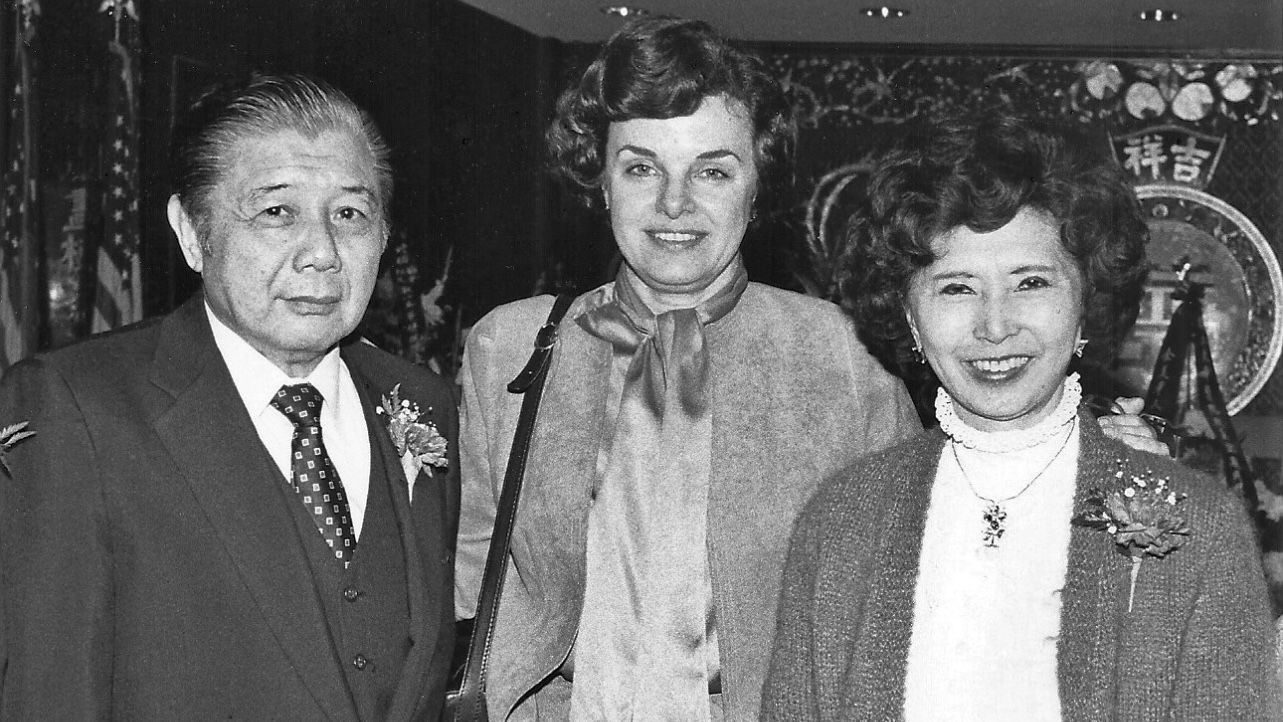
(SAN FRANCISCO) Members of the Chinese community mourn the loss of U. S. Senator Dianne Feinstein, a trailblazer, great leader and dear friend who always listened to the Chinese community for over half of a century.
Feinstein passed away at her home in Washington D.C. on September 29 at the age of 90. The day before her passing, Feinstein was still in the Capitol casting her vote on legislation.
Feinstein will lie in state at San Francisco City Hall on October 4 between 9am to 7pm. The public may visit and sign a condolence book. The memorial service will be held on October 5 at 1 pm at the front steps of San Francisco City Hall. The public is also invited to attend the outdoor service.
As lifelong elected official and political leader, Feinstein made a long list of history and left a legacy in public service.
Among all the elected officials in the history of San Francisco, Feinstein was one of them to be very close to the Chinese community. She was always called a dear friend of the Chinese community.
While looking back to her life and political journey, she was a trailblazer, especially for women. She was born and raised in San Francisco. Her paternal grandparents were Jewish immigrants from Poland and her maternal grandparents were from Russia.
Feinstein graduated from Convent of the Sacred Heart High School in 1951 and from Stanford University in 1955 with a Bachelor of Arts in history. After college, Feinstein was a fellow at the Coro Foundation in San Francisco, an organization that provides young people with political experience. In 1960, Governor Pat Brown appointed her to the California Women's Parole Board. She served on the board until 1966.
Feinstein was first elected to the San Francisco Board of Supervisors in 1969. Feinstein also inspired Chinese community leader Rose Pak to get involved in the political movements.
Pak came to San Francisco from Hong Kong on a full scholarship to attend 4-year college education in San Francisco where she met Feinstein. Feinstein's run for Supervisor was also Pak's first political campaign to work on as a volunteer.
Feinstein was elected and served as Supervisor for 9 years until 1978. She had unsuccessfully run for the Mayor of San Francisco for two times.
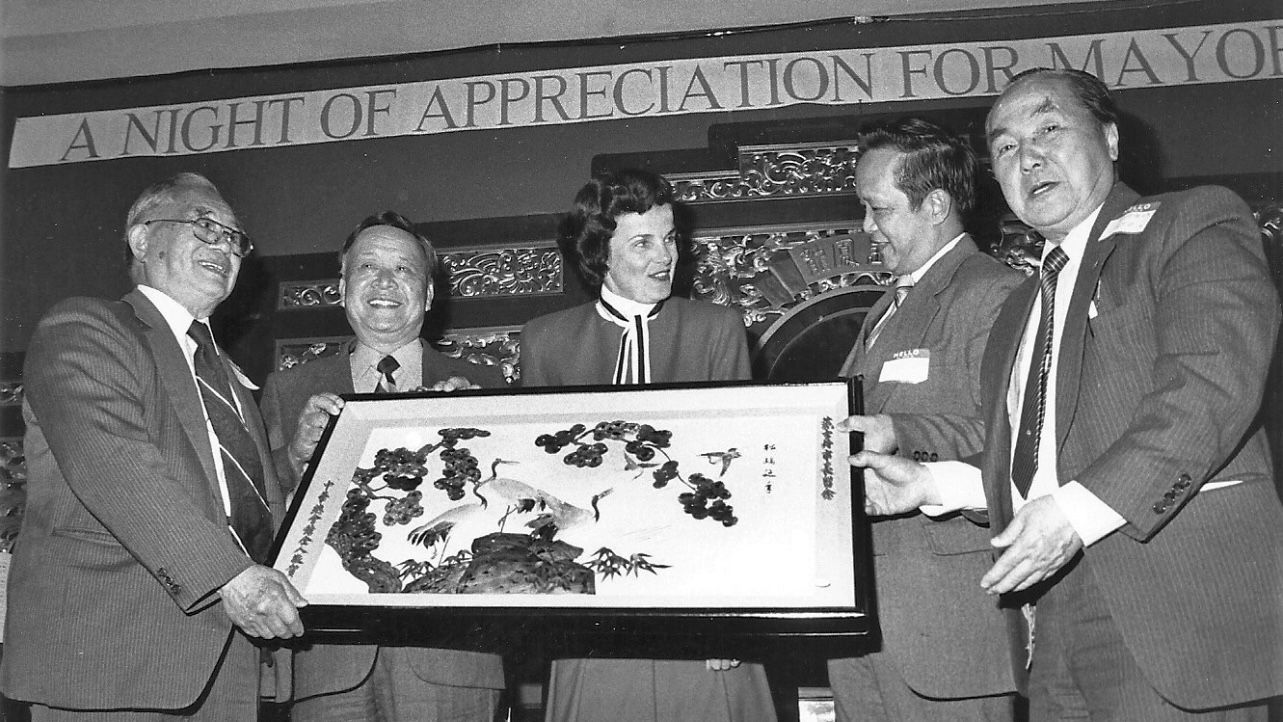
When Feinstein served as the President of the Board of Supervisors in 1978, Mayor George Moscone and Supervisor Harvey Milk were assassinated by former supervisor Dan White on November 27, 1978. Feinstein became the Acting Mayor.
The Board of Supervisors voted six to two to appoint Feinstein as mayor, including Chinese American Supervisor Gordon Lau who voted in support of Feinstein. She was inaugurated as San Francisco's first female mayor on December 4, 1978.
Feinstein had been very close to the Chinese community since she was the Supervisor. She appointed Tom Hsieh to the Board of Supervisors when she was the Mayor. Hsieh was later re-elected as Supervisor and became the first Chinese American to win in any citywide election in the history of San Francisco.
Feinstein was the Mayor of San Francisco for 10 years, from 1978 to 1988. It has been well known that Feinstein established the San Francisco and Shanghai sister ties in 1980, one year after China and the United States established diplomatic relations.
Feinstein also established friendship with powerful leaders in China for decades.
Pius Lee was one of the Chinatown leaders who missed dearly for the passing of Feinstein. "Mayor Feinstein had done so much for the Chinese community as the Mayor and U.S. Senator," Lee remembered Feinstein.
In addition to the Shanghai Sister City Committee, Lee said Feinstein also started the San Francisco and Taipei Sister City ties prior when she was the Mayor. Lee was appointed by Feinstein as the first Taipei Sister City Committee Chair.
The permits which allowed the merchants to display merchandise on a portion of the sidewalk in front of their shops in San Francisco were also started by Feinstein when she was the Mayor.
Prior to it, Lee said the businesses in Chinatown could not put their merchandise outside their shops like today. So he suggested Feinstein to set up a policy to allow them to sell items outside the storefronts. Feinstein agreed to create a permit system for the store owners to apply.
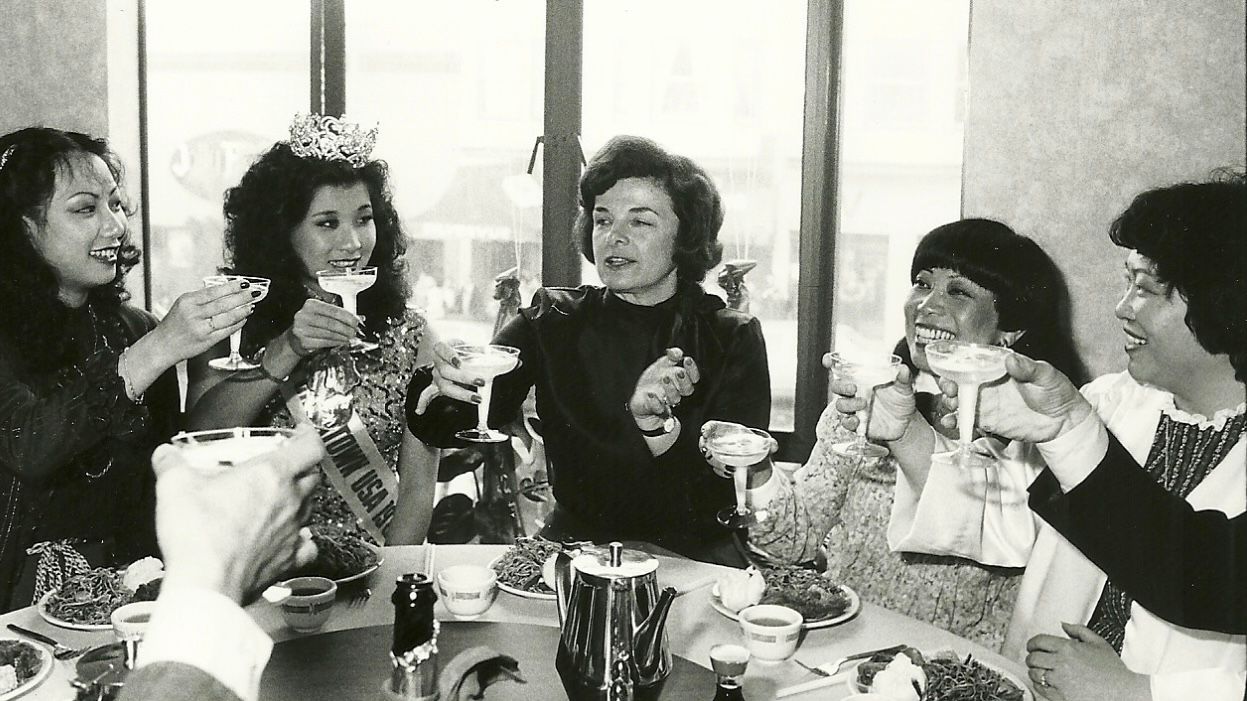
"As a SF Supervisor and then Mayor, Dianne often was right of center on issues vital to an emerging Chinese American community," said Henry Der, a civil rights leader and former Executive Director of Chinese for Affirmative Action (CAA). "She was willing to meet and talk, and folks who disagreed with her on policy issues worked hard to bring her back to the center."
"Dianne had a long, but at times complicated, relationship with the Chinese community. We can all be grateful for her many decades of public service and accessibility to community members," Der said.
Three current and past directors of Chinatown Community Development Center (CCDC). Gordon Chin, Reverend Norman Fong, Malcolm Yeung, issued a statement to extend the condolences of the passing of Feinstein.
“Senator Feinstein was a trailblazer in so many ways for the nation, California, San Francisco, and Chinatown. Senator Feinstein fought alongside the Chinese and Filipino American communities to ensure the International Hotel would be rebuilt as senior affordable housing, ultimately cutting the ribbon at the opening in 2005. She also supported a number of our early housing projects, including our early acquisition of the Clayton SRO,” said in the statement.
Feinstein had made an unsuccessful bid for governor of California in 1990 and was defeated by U.S. Senator Pete Wilson who resigned from the Senate to assume the governorship.
Then Feinstein ran for U.S. Senate in a 1992 special election to finish Wilson's term at the Senate and ultimately won. Feinstein became the first woman U.S. Senator to be sworn in representing California in Congress.
Feinstein was re-elected five times for a 6-year term each. In February 2023, she announced not seeking re-election in 2024. She was the first woman to chair the Senate Rules Committee, the Select Committee on Intelligence, and to hold a top Democrat position on the Senate Judiciary Committee. Feinstein also became the longest-serving female U.S. Senator in American history.
Governor Gavin Newsom has appointed Laphonza Butler to the Senate to succeed Feinstein.
Butler is a longtime labor leader and advocate for women in politics. She also had served as Vice President Kamala Harris’ advisor. Butler also becomes the first openly LGBTQ U.S. Senator representing California.
- Six power outages in Sunset District impact residents and businesses among strings of outages in San Francisco in Dec. 2025
- California bans all plastic carryout bags at retail stores starting January 1, 2026, only allows recycled paper bags to be distributed to customers
- If someone’s vehicle blocks your driveway, San Francisco's 311 service will resolve it easier and safer for you
- U.S. Department of Homeland Security proposes green card status can be denied for Medicaid and SNAP recipients
- NAPCA Column 18: About the One Big Beautiful Bill Act
- San Francisco Real-Time Investigation Center (RTIC) equipped with drones and advanced technologies now fully operates to help keep the city safe
- The community blessed for two Chinese American Police Chiefs in a row to lead San Francisco Police Department
- San Francisco newly-appointed D4 Supervisor Alan Wong votes for Family Zoning Plan in his first full board meeting


